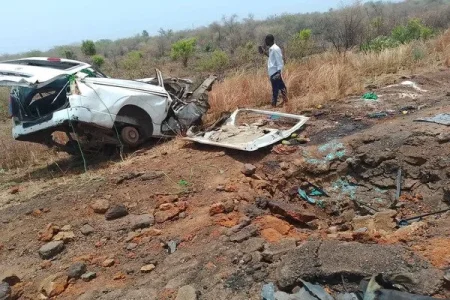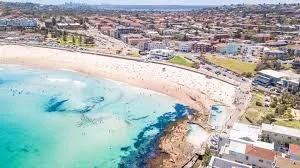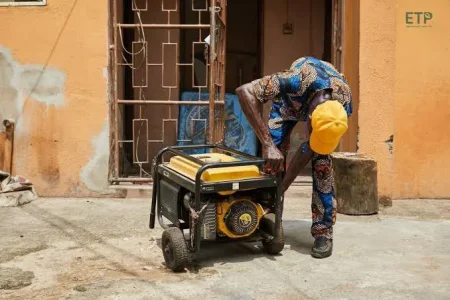
A deadly explosion along the Maiduguri-Damboa Road in Borno State claimed seven lives after a commercial bus hit a Boko Haram-planted IED. The attack occurred during a military-escorted convoy, highlighting persistent insecurity despite ongoing efforts to secure the region. Several injured victims are receiving treatment in Maiduguri.
Seven people tragically lost their lives on Saturday, April 12, when a commercial vehicle struck an Improvised Explosive Device (IED) suspected to have been planted by Boko Haram insurgents. The explosion occurred along the Maiduguri-Damboa highway, a route notorious for militant activity due to its proximity to the Sambisa Forest.
The victims included the driver of the commercial bus and his passengers, who were part of a military-escorted convoy making the regular journey from Damboa to Maiduguri. In addition to the fatalities, several other commuters sustained varying degrees of injuries and have since been hospitalized in Maiduguri.
This stretch of road is vital for connecting Maiduguri with towns in southern Borno, such as Chibok and Damboa. It had previously been closed to civilian traffic due to frequent ambushes and IED attacks. However, the Borno State Government reopened it under a controlled, twice-weekly military escort system designed to protect travelers and scan for explosives.
Saturday’s incident has once again highlighted the continued threat posed by Boko Haram, which is designated as a terrorist organization by Nigeria and several international bodies, including the United States and the United Nations.
The military reportedly conducted investigations and increased patrols in the area following the attack. Meanwhile, residents and civil groups call for enhanced security and a reassessment of safety measures on this crucial but dangerous route.




